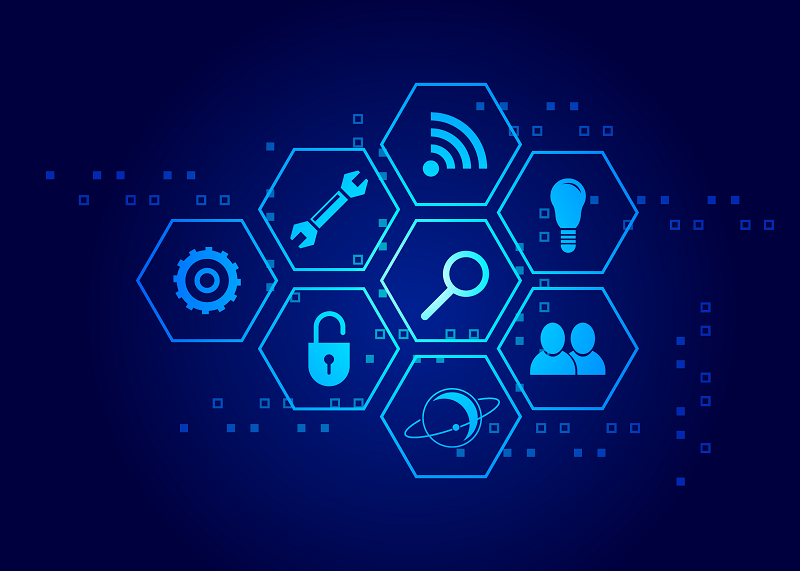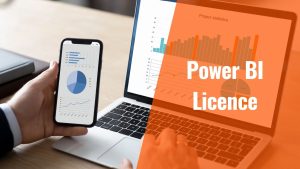
Importance of Data Security For Mobile Healthcare Apps
Telemedicine or mobile healthcare apps are unquestionably important in our daily lives, as the world is increasingly shifting to an all-digital landscape. And when you think of the current pandemic scenario when social distancing and wearing masks are the new normal, nothing seems to be safer than using mobile health apps.
But are we really safe while using these apps?
Well, that brings us to the concern of being safe on the internet while using mobile healthcare apps. As we quickly download an app and fill out all our personal details related to health, little do we think about data leaks and privacy threats that might be lurking behind.
Data security hazards in healthcare apps
Telehealth solutions have majorly transformed global medical care facilities at a time when the entire world is battling a raging pandemic. Yet, as more and more healthcare apps are developed for smartphones, more and more pressing issues concerning user information security, are found to be surfacing.
According to reports, at least 23 million users were exposed to data security breaches by 30 of the most popular mobile health apps. And half of all the exposed patient records contained confidential details like social security number, birth date, address, and sensitive information related to health.
Another alarming survey reveals that nearly 85% of all COVID-tracking applications were found to leak data. At least 70% of the tested apps contained a minimum of one high-level security threat with ample potential to cause significant damage. Moreover, the encryption used in at least 90% of the apps is feeble, which increased susceptibility to security breaches.
Some common security concerns
- Losing control over own data
Nowadays, IoT-enabled medical devices, like implants, are commonly used due to their real-time patient monitoring capabilities using sensors and advanced technologies. Such devices are crucial for the wellbeing of patients and are supposed to monitor and collect only necessary medical data. However, in reality, the data that they are continuously collecting in the background comprises non-medical information too. Sensors can pick up when the patient leaves home and returns, their interactions with others, and various other details that patients would not want to disclose. This directly violates the data management policy that sets access standards for personal health information.
Worse is that this information can be accessed not only by healthcare providers but also by developers of these apps who can even store the accessed data. And after gathering humongous volumes of patient data, they can easily sell it off to third-party organizations for advertising or, in the worst-case medical scam.
- Unsecured devices used by healthcare providers
With a significant number of health professionals working from home, using their own computers, smartphones or tablets brings forth additional data privacy risks. It becomes extremely tough to track their personal devices, which use VPN to connect to a parent network. Besides, delay in security patch updates, using public internet connections or ones that are not password-protected, adds to the problem. Attackers can easily tap into unprotected internet connections and access confidential patient data stored in laptops or smartphones. In such cases, the individuals themselves must make sure that they do not store confidential patient information on their machines and can be erased in the unfortunate event of device theft.
- Non-compliant video chatting platforms for telehealth
With the sudden spike in demand for mobile health apps over the last year, as the developers compete to launch more and more new telehealth mobile apps, it is likely to overlook the security aspect in a rush. That leaves gaping faults that cyber-attackers can leverage to their advantage. Ideally, platforms for video chatting are not compliant with the HIPAA Privacy policy.
Regulations standards for mobile healthcare apps
The most popular compliance standards in effect today for developing health apps are –
- HIPAA – HIPAA, propagated by the US Federal Law protects data related to personal health. This standard is the fundamental compliance rule for any medical app and wearable. All HIPAA-compliant apps implement encryption, authentication, encourage limited sharing of personal health information and enforce compulsory use of user credentials.
- GDPR – General Data Protection Regulation is one of the toughest security laws today that governs organizations that collect EU user information. It aims to raise security levels such that people retain control over their own data. Non-compliance with GDPR can result in a penalty in the range of 20 million euros.
- FDA approval – In 2013, the FDA issued the 2013 MMA guidance that marked federal governance of mobile health apps. If a health app facilitates patient treatment, diagnosis, and cure, it has to mandatorily acquire clearance from FDA.
- HL7 – Health Level 7 provides certain standards, methodologies, and directives for exchanging data related to health. It ensures that clinical data is transmitted and processed uniformly by healthcare organizations.
Measures to prevent data security risks
- Robust authentication – Employing Single Sign-On (SSO) or multi-factor authentication steps can prevent unauthorized access of data. Along with this devices should be continuously monitored to detect any untoward activities. In case a device is found to be affected by malware, it must be immediately removed from the network to save other connected devices.
- Multi-layered security – To ensure compliance with appropriate standards, health apps should ideally implement layered security. Security in the form of highly complex encryption algorithms implemented in multiple layers can only ensure that interactions of patients with healthcare providers on the apps remain safeguarded end-to-end.
- Review third-party contracts – Third-party contracts must be audited periodically to ensure that they are also adopting the necessary security practices and meeting compliance standards set to protect the privacy of patients. Mobile health app providers should ideally set protocols for dealing with data security risks and ensure that vendors are all aligned to the same.





Comments
No comments yet.